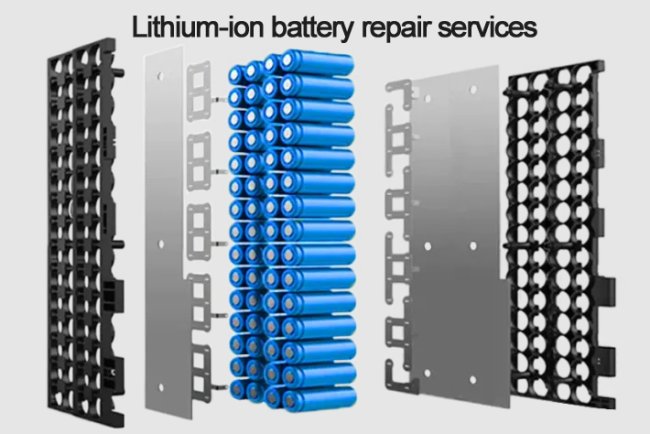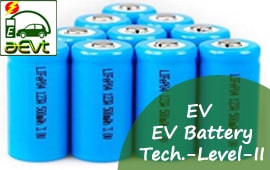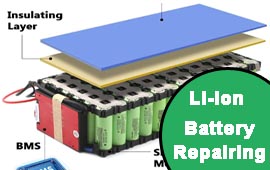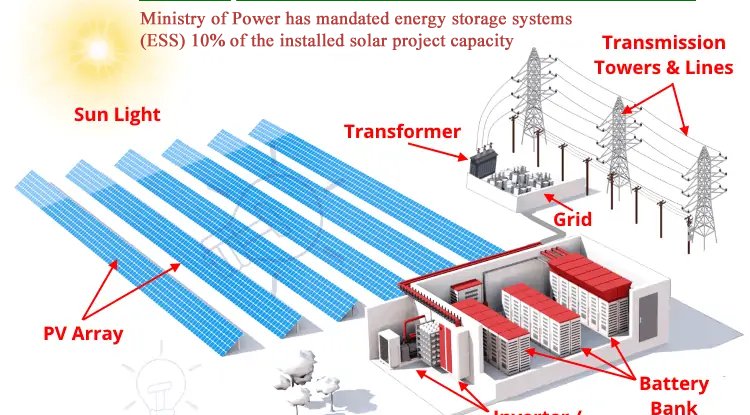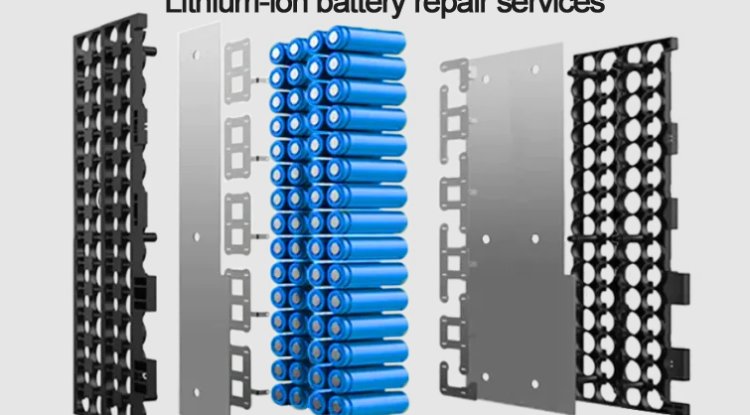IATA Lithium Battery Safety Regulations (LBSR) 2025
PR Newswire: The 2025 IATA Lithium Battery Shipping Regulations (LBSR), now the Battery Shipping Regulations (BSR), include significant updates for air transport of lithium and sodium-ion batteries. Crucially, a new "BATTERY mark" is introduced, encompassing both lithium and sodium-ion batteries. Rule for lithium batteries will become mandatory by 2026, with provisions for State Approvals.
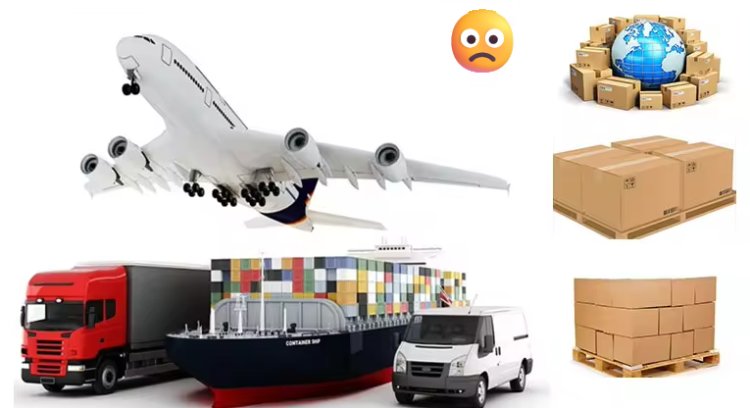
From smartphones, tablets, drones, and remote controls to powering electric vehicles, shipping lithium-ion batteries is becoming more and more important. As lithium batteries are classed as dangerous goods, their transportation needs to be well monitored to ensure safety and minimize potential risks during transportation.
Because they can store up to four times more energy per unit of mass than other batteries, lithium batteries carry a much greater fire risk. While larger EV batteries can catch fire much more easily compared to smaller lithium batteries used in phones and tablets, all appropriate safety measures and regulations must be followed throughout shipping.
International shipping of lithium-ion batteries requires strict adherence to regulations to ensure safety and compliance. These regulations cover aspects like packaging, labeling, state of charge, and permitted quantities, especially when shipping by air.
Shipping lithium-ion batteries internationally from India requires adherence to strict regulations due to their hazardous nature. These regulations are primarily focused on safety, ensuring the batteries are properly packaged, labeled, and transported to prevent short circuits, fires, and other risks. Key aspects include adherence to IATA Dangerous Goods Regulations, proper packaging, labeling with UN numbers and hazard labels, and state of charge restrictions.
The 2025 IATA Lithium Battery Safety Regulations (LBSR), also known as the Battery Shipping Regulations (BSR), are a comprehensive set of rules that govern the safe air transport of lithium batteries and devices powered by them. These regulations cover a wide range of battery types, including lithium-ion, lithium-metal, and sodium-ion batteries.
-
Expanded Coverage:The regulations now encompass sodium-ion batteries in addition to lithium batteries, signifying a shift towards wider battery technology acceptance.
-
Mandatory SoC of < 30%:For lithium batteries packed with or contained in equipment, the requirement to ship with a State of Charge (SoC) of less than 30% becomes mandatory by January 1, 2026.
-
Revised Packing Instructions:Packing instructions PI 965 and PI 966 have been updated to reflect the new safety measures for shipping batteries with reduced SoC.
-
New UN Numbers and Proper Shipping Names:Sodium-ion batteries have their own UN numbers and proper shipping names, as well as specific packing instructions.
-
New "BATTERY Mark":A new "BATTERY mark" has been introduced, applicable to both lithium and sodium-ion batteries.
-
Updated Class 9 Label:The Class 9 hazard label has been updated to accommodate both lithium and sodium-ion batteries.
-
Updated Guidance for Batteries in Equipment:There are new requirements and guidance for shipping batteries within equipment, particularly under PI 967.
- The 2025 BSR consolidates regulations for various battery types, including lithium, NiMH, and other dry-cell batteries, into a single manual.
- The regulations are expanded to cover new battery types, including sodium-ion batteries.
- A new "BATTERY mark" is introduced, applicable to both lithium and sodium-ion batteries.
- The Class 9 hazard label has been updated to reflect both lithium and sodium-ion batteries.
- PI 965: Lithium batteries shipped alone must be shipped at a State of Charge (SoC) of less than 30%.
- PI 966: Lithium batteries packed with equipment must be shipped at a SoC of less than 30%.
- PI 967: Lithium batteries contained in equipment must be shipped at a SoC of less than 30%.
- The 30% SoC rule for lithium batteries packed with equipment will become mandatory starting January 1, 2026, with specific provisions for State Approvals.
In India, the Bureau of Indian Standards (BIS) mandates that lithium batteries undergo safety regulations and certification through the Compulsory Registration Scheme (CRS). This ensures products meet quality and safety standards before being sold in the market. BIS standards focus on thermal stability, battery protection, performance, environmental safety, and charging/discharging parameters.
-
Compulsory Registration Scheme (CRS):Lithium batteries must be registered with BIS and comply with specific standards.
-
Testing and Certification:Manufacturers must test their products in BIS-approved laboratories and obtain a BIS registration certificate.
-
BIS Standards:Specific standards like IS 16046 (Part-2):2018/IEC 62133-2:2018 are followed for lithium-ion batteries.
-
Safety Requirements:These include thermal stability, protection against overcharging/deep discharge/short circuits, performance, and environmental safety.
In 2025, ARAI (Automotive Research Association of India) implemented several lithium battery safety regulations, including AIS 156 and AIS 038 Rev 2, which became mandatory in phases starting December 1, 2022. These regulations focus on ensuring the safety and reliability of lithium-ion batteries used in electric vehicles. Specific requirements include testing for thermal propagation, audio-visual warnings for thermal events, and the use of fuses or circuit breakers. Additionally, there are requirements for battery pack design, including IPx7 compliance and the inclusion of pressure relief valves.
-
AIS 156:This standard mandates specific requirements for lithium-ion battery pack design, including IPx7 compliance, pressure relief valves (PRV), and traceability of components. It also specifies testing for thermal propagation and the need for audio-visual warnings in case of thermal events.
-
AIS 038 Rev 2:This standard focuses on the specific requirements for the electric powertrain and rechargeable energy storage systems (REESS) in vehicles.
-
State of Charge (SoC) Restriction:Vehicles with batteries exceeding 100 Wh must have a maximum SoC of no more than 30% of the rated capacity, and approval is needed for higher SoC.
-
Testing Requirements:Battery modules undergo shock tests, thermal shock tests, cycling tests, mechanical drop tests, fire resistance tests, and more. M&N category vehicles (four-wheelers and above) also undergo thermal propagation and hydrogen emission tests.
-
Battery Management System (BMS) Requirements:The BMS needs to be validated for automotive test compliance, including EMI/EMC, electrostatic discharge, and environmental tests.
-
Indication Requirements:Electric propulsion kit manufacturers must provide indications for REESS SOC, motor temperature, and electric kit faults.
FedEx Lithium Battery Safety Regulations for 2025 are largely based on the guidelines established by the International Air Transport Association (IATA). These regulations ensure the safe transport of lithium batteries by air. Key aspects include:
-
Packaging:Strong, rigid outer packaging is required, and FedEx branded boxes or tubes may be used under specific conditions. FedEx Paks cannot be used for lithium batteries.
-
Battery Condition:Batteries must not be defective, damaged, or have the potential to cause heat, fire, or short circuits.
-
Marking and Labeling:Depending on the type of lithium battery, additional markings and labels may be required.
-
IATA DGR:Shipping should adhere to the relevant packing instructions of the IATA Dangerous Goods Regulations (DGR).
-
State of Charge:Lithium-ion cells and batteries (UN 3480) must be shipped at a state of charge (SoC) not exceeding 30% of their rated capacity.
Key Changes to UN Classifications
While still in development, sodium-ion batteries have caught the attention of dangerous goods regulators, who have responded with brand new UN numbers and shipping requirements for 2025. The following battery UN entries have been added:
- UN 3551 - Sodium-ion batteries
- UN 3552 - Sodium-ion batteries packed with/contained in equipment
- UN 3556 - Vehicle, lithium-ion-battery-powered
- UN 3557 - Vehicle, lithium-metal-battery-powered
- UN 3558 - Vehicle, sodium-ion-battery-powered
For more detailed information, you can refer to the specific AIS standards and related documentation from ARAI and other relevant sources.
-
Academy of EV Technology (AEVT):Provides practical training in EV and lithium battery assembly and manufacturing in Kolkata and Howrah, including courses on battery pack assembly, technology, and even on-demand mentorship for setup and engineering.
-
Institute of Solar Technology:Offers training on solar energy storage lithium-ion batteries and pack assembly, including raw materials, machinery, and business model basics.
-
Global Advanced Training & Educational Trust:Offers training on lithium-ion battery manufacturing, including online live classes and courses on EV battery technology and repair.
Energy Storage: Energy storage system development, latest news, press release, analysis and opinion from the global energy storage industry.


